Te auraa o te parau ra ma'i bipolar?
Te auraa o te ta'o bipolar, oia ïa 2 Tahitian. E mau mirioni taata e roohia ra i te ma'i bipolaire na te ao nei,ua vahihia te oraraa i rotopu e piti na mea taa ê,elation and depression.There are many Types of bipolar disorder.
E hi'o ana'e na i te parau no te hoê tane e te hoê vahine.
Huru 1 e mea teitei roa i te hiti o te mau
Huru 2 Te mau mana'o tauturu no te tuatapaparaa e te haapiiraa, te mau tau oaoaraa iti a'e
Taa ê atu i te mau tau hepohepo rahi. For anyone seesawing between psychic states, it can seems impossible to find the balance necessary to lead a healthy life.
Huru 1 extremely high is known as manic episodes and they can feel a person range from feeling irascible to invincible. But these euphoric episodes increase ordinary feelings of joy,te faatupuraa i te mau tapa'o pe'ape'a mai te mau mana'o,Te oreraa e taoto,Te mau mana'o tauturu no te haapiiraa,Te mau ohipa parau-ti'a ore e te mau raveraa atâta ma te ore e rapaauhia.
Eaha te huru o te taata i roto i te ma'i Bipolaire?
These types become more persistent ,intense,e ia maoro rii a'e no te faafaearaa. Te itehia ra te tuhaa peapea o te ma'i bipolaire na roto e rave rahi mau ravea, i te hoê huru paruparu,faaitiraa i te anaanatae i te mau faaanaanataeraa,te mau tauiraa i roto i te hiaai,te mana'o haafaufaa ore e aore râ te faahapa-rahi-roa-raa,te taoto-rahi-roa-raa e aore râ, te oreraa e faafaaea rii e aore râ, te faataereraa e aore râ, te mana'o tamau ia haapohe ia'na iho.
Na te ao atoa nei, fatata hoê e tae atu i te toru i nia i te hanere o te mau taata paari o te roohia nei i te mau tapao o te ma'i o te faaite ra i te ma'i bipolaire. I te rahiraa o te taime, e mea tere maitai teie mau huru taata, tautururaa i te mau melo no te sotaiete e to ratou oraraa, Aita te mau ma'itiraa e te mau auraa i faataahia no te reira. No te rahiraa râ o te mau faahopearaa, e mea ino roa ïa. E nehenehe te ma'i e faatupu i te aravihi i te pae haapiiraa e i te pae no te toroa,te mau auraa,te parururaa i te pae moni e te parururaa ia'na iho.
eaha te tumu o te ma'i bipolar?
Researchers think a main key player is the brain’s complex wiring. Healthy brains keep strong relation between neurons, thanks to the brain’s continuous attempt to prune itself and remove unutilized or faulty neural connections.This procedure is very important because our neural pathways work for as a map for everything we do.Using functional magnetic resonance imaging. Ua itea mai i te mau aivanaa e te haafifihia ra te aravihi o te roro no te topetope i roto i te feia e ma'i bipolar to ratou. To'na auraa ra, e haere ïa ta ratou mau matini e e hamani ratou i te hoê faanahoraa o te ore e nehenehe e tere na roto noa i te mau tapa'o taa ore ei arata'i. E faatupu te feia i roohia i te ma'i bipolar i te mau mana'o e te mau haerea tano ore e oia atoa te mau tapao o te feruriraa mai te mau parau e te mau mana'o feruri - noa - hia, E nehenehe te mau paruparu e te mau ma'i horiaria noa e itehia i roto i te mau tuhaa ino roa o te ma'i bipolaire. Mea rahi roa ïa te mau uaua uira parauhia Dopamine.
Tera râ, e ere te reira i te mea faufaa, eita e nehenehe ia tatou ia faaite i te hoê noa'e tumu. Te ti'araa mau, e fifi rahi mau.
Ei hi'oraa, the brain’s amygdala is engaged in thinking long-term memory and emotional actions. I roto i teie tuhaa o te roro, ua rau te huru o te mau tapao tupuna e te mau pepe i te pae totiale. E nehenehe e faatupu i te tahi huru ê e e faatupu i te mau tapao o te ma'i bipolar.
The condition be likely to run in families, no reira, ua ite tatou e ua taaihia te mau tapao tupuna i te reira. E ere râ te auraa e te vai ra te hoê noa gène bipolar.
Te raau no te ma'i Bipolar
In fact the likelihood of developing bipolar disorder is driven by the interactions between many genes in a complex recipe we’re still trying to understand. The reasons are composite and accordingly diagnosing and living with bipolar disorder is a challenge. Regardless of this the disorder is in control, certain medications like lithium can assist to manage risky thoughts and behaviors by balancing moods.
These mind balancing medications work by decreasing abnormal activity in the brain. Thereby strengthening the viable neural connections. Other regularly used medications include antipsychotics which alter the effects of dopamine and electroconvulsive therapy,
which does like a controlled seizure in the brain is sometimes used as an emergency treatment. Some bipolar patients left treatment because they’re scared it will faint their emotions and damage their creativity. But modern psychiatry is actively trying to keep away from that. Today doctors work with patients on a case-by-case basis to administer a combination of treatments and therapies that permits them to live to their fully possible potential and afar treatment people with bipolar disorder can get help from even easy changes those include daily exercise good sleep habits and sobriety from drugs and alcohol not to mention the acceptance and empathy of family and friends.
Remember bipolar disorder is a medical condition not a person’s problem or their whole identity and it’s something that can be controlled through a combination of medical treatments doing their work internally. Na te mau hoa e te utuafare e farii e e maramarama i te mau mea no rapae, e na te mau taata e fifi to ratou i te pae no te feruriraa e haapuai ia ratou iho
ia ite i te aifaitoraa i roto i to ratou oraraa.
Bipolar disorder can affect how someone’s mood, behavior, relationships and overall functioning. Below are some ways that bipolar may impact a person:
1.Mood Swings
Bipolar disorder has sever mood swings, which includes high moods of mania/hypomania (elation) and depression (sadness). Sudden and intense these fluctuations interfere with emotional regulation.
2.Impaired Functioning
Daily chores like work, school or housekeeping can be hard for individuals with bipolar disorder to perform well during manic or depressive episodes. Consequently, it becomes difficult to maintain employment academic performance as well as fulfill social obligations.
3.Relationship Strain
Fluctuating moods and behaviors associated with the condition may strain one’s relationship with his/her family members, friends or romantic partners. Families might not comprehend manifestations shown by their loved ones thus leading to conflicts or misunderstanding and even frustration on their part.
4. Risk-taking Behavior
People with bipolar disorder may indulge in dangerous activities like excessive shopping, speeding, taking drugs and having multiple sexual partners during manic or hypomanic episodes. Such actions can lead to financial difficulties, legal problems or broken relationships.
5.Physical Health
Bipolar disorder does not only influence mental health but also physical health for example sleep disturbances and appetite changes that accompany mood episodes have an effect on general health and wellbeing. Furthermore, the strain of dealing with this condition as well as possible other associated illnesses can have negative consequences on an individual’s physical wellbeing.
6.Co-occurring Disorders
Those with bipolar disorder may also have comorbid anxiety disorders; substance use disorder(s) and attention deficit/hyperactivity disorder (ADHD). These extra complications do not make treatment any easier while hampering efficiency in terms of performance in general.
7.Stigma and Discrimination
Although there has been increased awareness about mental health issues, there is still stigma surrounding bipolar disorder and other psychiatric conditions. It is through stigma that people become discriminated against, socially isolated leading to them not being able to seek help or get the right kind of treatment they require.
It should be noted that many individuals with bipolar disorder can effectively manage their symptoms and lead fulfilling lives with suitable treatment which includes medication, counseling and changing lifestyles. Therefore, early intervention and continuous support are necessary to reduce the effects of the disorder as well as promote recovery.

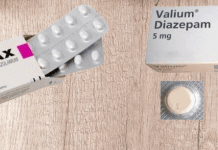
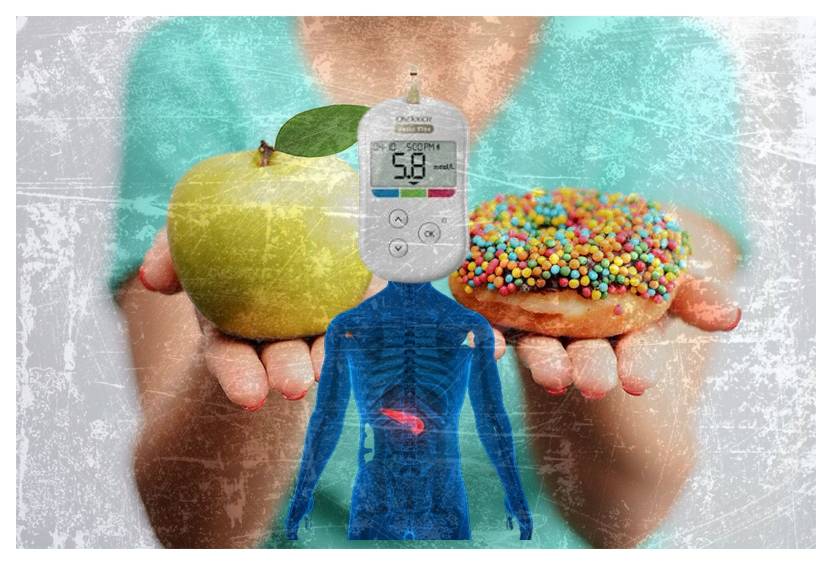
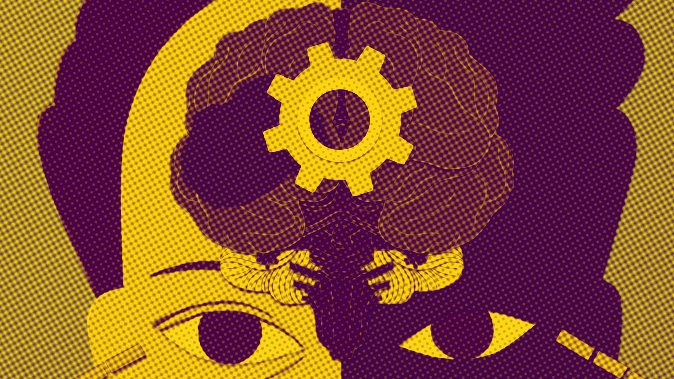
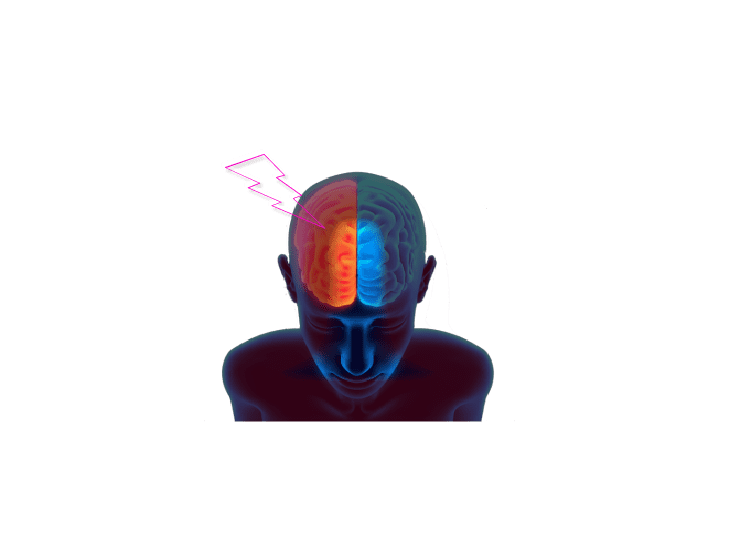
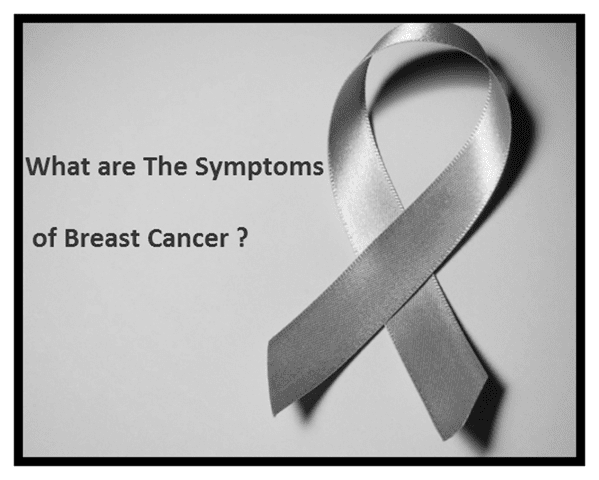
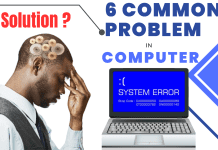
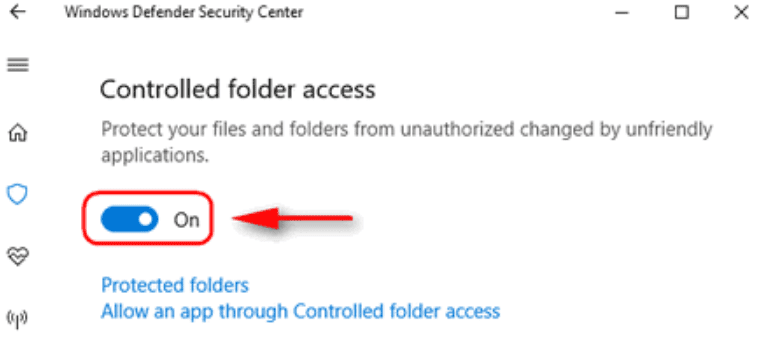
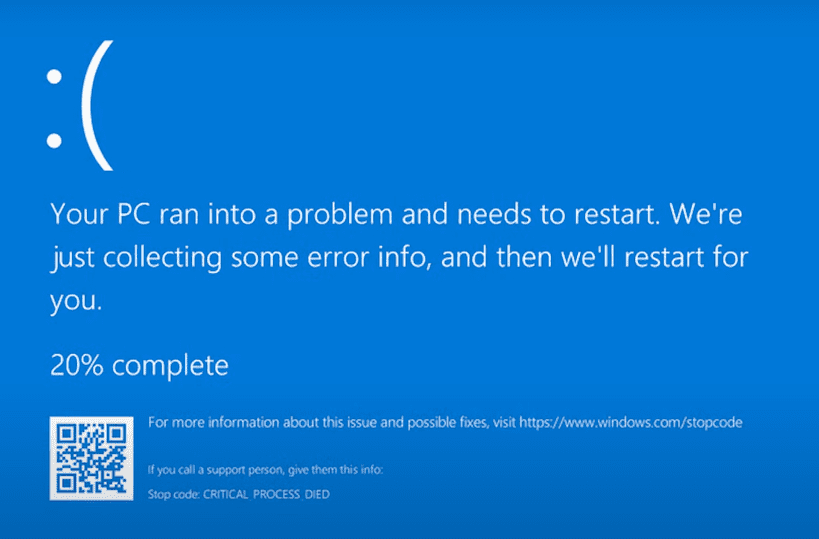

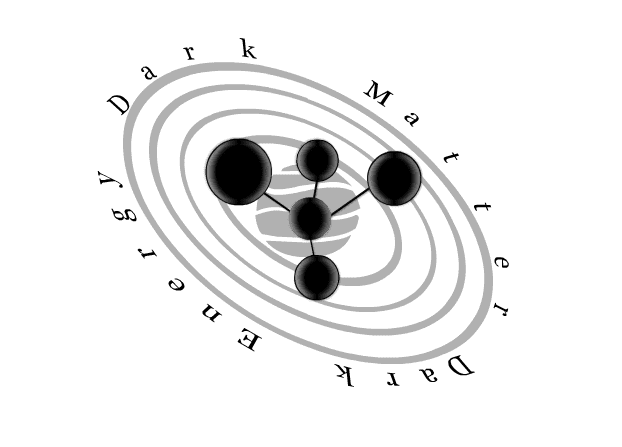

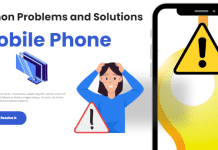




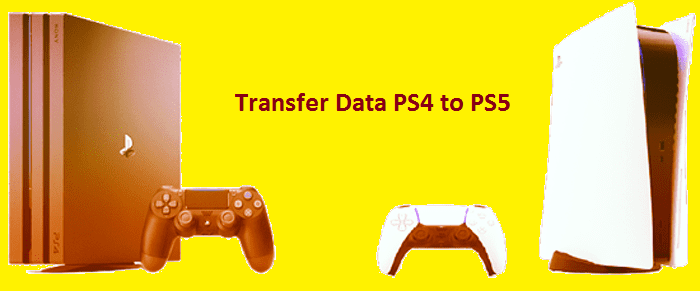


It really Help me to learn